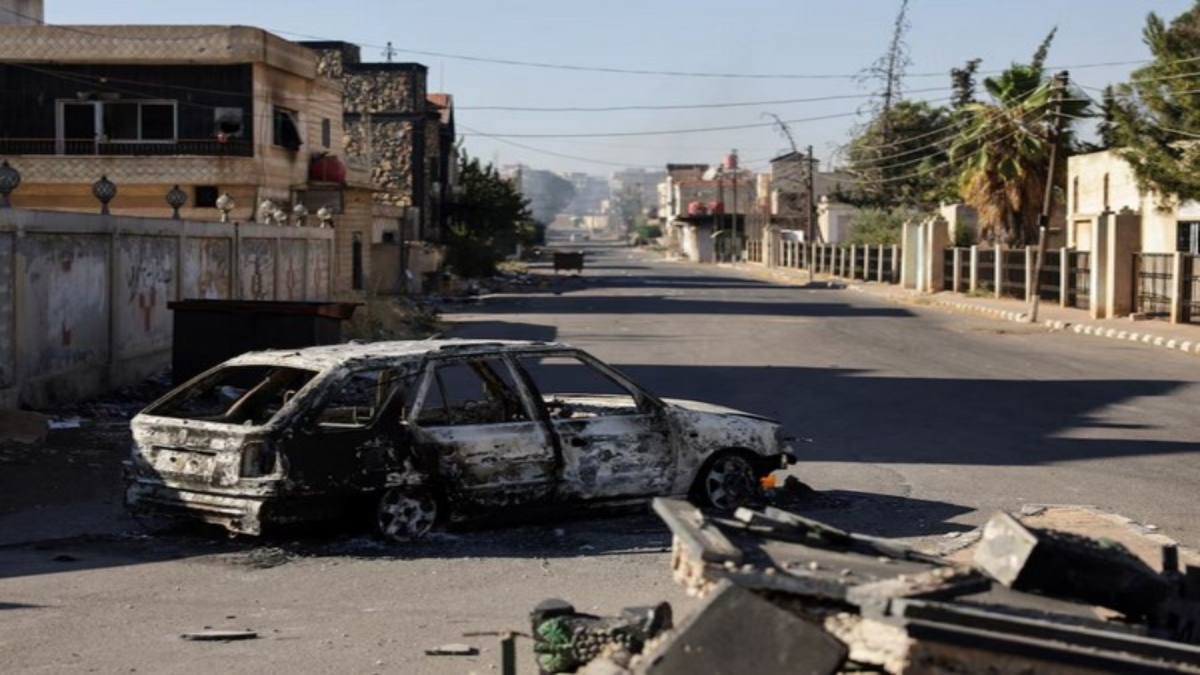A deadly armed conflict exploded in Pakistan’s Chaman on Sunday, killing 7 people and injuring over 12 others. The clashes broke out between two opposing groups in the Pakistan-administered Balochistan province, Ary News reported.
Police sources told the Pakistani news outlet that one of the critically injured victims succumbed to injuries later, raising the death toll to 7. It is pertinent to note that Chaman is a precarious border town located in Balochistan near the Afghan frontier.
As per the report, the conflict demanded an urgent intervention by Frontier Corps (FC) personnel, who somehow managed to stop the fighting.
However, the persistence of high tension in the region has led to the blockage of the Quetta-Chaman highway by one of the groups at Qila Abdullah, Ary News reported. This eventually resulted in a massive traffic jam with long queues of stranded vehicles.
One among many
Soon after the clashes were controlled, local officials, including the Deputy Commissioner of Qila Abdullah, tribal elders, and religious scholars, gathered at the Jungle Pir Alizai police station to evaluate the situation.
What makes the matter concerning is the fact that the Chaman armed unrest is the latest in a series of violent incidents that have taken over the province. The town itself faces instability due to tribal arguments and border tensions.
However, what makes the incident significant is the fact that the Quetta-Chaman highway blockade that followed has upset trade and travel between Pakistan and Afghanistan, highlighting the importance of the crucial route.
The Pakistani authorities noted that efforts are being undertaken to negotiate with the parties involved and reopen the highway. In the meantime, security forces remain on high alert in the region.
Impact Shorts
More ShortsAmidst the chaos, on Sunday, a video showing the killing of a man and a woman in Balochistan circulated online and drew criticism. The public outrage eventually prompted actions from provincial officials, Ary News reported. The video led the government to send footage to NADRA for biometric analysis.
Eventually, officials successfully identified the individuals and tribal ties involved. However, the name of the prime suspect remains hidden. Interestingly, Shahid Rind mentioned that such acts are not authorised by Pakistani law, and tribal councils (jirgas) have no legal standing in resolving criminal matters.
With inputs from agencies.


)

)
)
)
)
)
)
)
)



